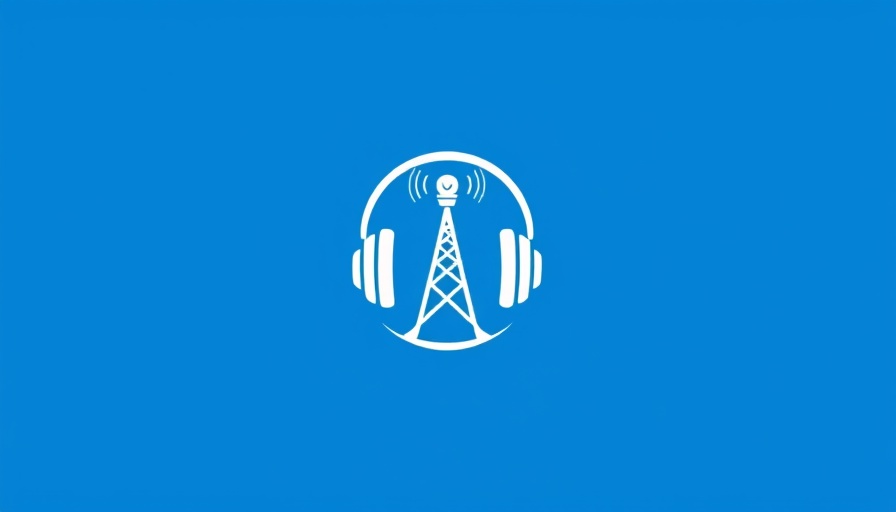
Unpacking the Dominion Case: How Fox's Broadcasts Sparked a Major Defamation Trial
The $1.6 billion defamation lawsuit filed by Dominion Voting Systems against Fox News marks a watershed moment in media accountability, particularly in an age where misinformation can warp public perception. At the heart of this legal battle are 20 specific broadcasts and tweets that Dominion argues were not just false, but damaging to their reputation and business.
The Allegations Unveiled: What Dominion Claims
Dominion maintains that Fox's reporting on the 2020 presidential election significantly misrepresented its role, particularly surrounding baseless claims of election fraud. The lawsuit targets broadcasts from prominent figures at Fox News, including Tucker Carlson and Sean Hannity, which Dominion asserts spurred the false narrative that their voting machines were linked to fraud. Among the highlighted incidents is a series of tweets and segments that fueled conspiracy theories, creating a toxic environment around an essential component of democratic processes—voting.
The Broader Implications of Media Responsibility
As we dissect these broadcasts, we cannot ignore the broader implications they hold for media ethics. The case challenges both Fox News's responsibility to its audience and the limits of journalistic license. In an era rife with misinformation, the capacity for mainstream media outlets to shape public discourse is both powerful and precarious. Journalists and broadcasters must navigate the delicate balance between reporting news and propagating unsubstantiated claims that can lead to real-world consequences.
Legal Strategies: Dominion’s Approach
Dominion’s legal team is not just arguing that Fox News reported false claims; they are framing their case as a fundamental fight for truth in journalism. By identifying specific instances where Fox allegedly misled the public, Dominion is attempting to prove that these broadcasts were knowingly false or made with reckless disregard for the truth. This approach could set a significant precedent, impacting how media outlets handle reporting on contested events.
What This Means for the Future of News Reporting
The trial’s outcome may redefine the boundaries of journalistic integrity. If Dominion wins, it could prompt other news organizations to implement more rigorous fact-checking measures, potentially curbing the spread of misinformation. However, a loss could embolden media entities to maintain a more cavalier attitude towards unverified information, placing profits over responsibility.
Audience Impact: Resonance Beyond the Courtroom
For viewers across the nation, the results of this trial resonate deeply. Many citizens rely on news outlets for accurate information, particularly when it comes to elections, which are a cornerstone of our democracy. This case serves as a crucial reminder that what we consume as news can have far-reaching implications—shaping beliefs, influencing behaviors, and even resulting in actions that undermine public trust in legitimate institutions.
Frequently Asked Questions About the Trial
What is the core of Dominion's lawsuit against Fox News?
Dominion alleges that Fox News made false claims regarding their voting machines' integrity during the 2020 election, resulting in substantial reputational and financial harm.
How could the outcome of this trial change journalism?
A win for Dominion might enforce stricter journalistic standards around reporting unverified claims, while a loss could signal that misinformation can perpetuate without accountability.
Conclusion: Why You Should Care
As the trial unfolds, it is essential for audiences to engage critically with the information presented in media. Understanding the stakes involved in this case goes beyond legal definitions and accusations; it speaks to our collective responsibility in demanding truth and accountability from those in power, including the media. Stay informed as this riveting trial continues to unfold, and consider how it may affect the future landscape of news reporting.
 Add Row
Add Row 
 Add
Add 


 Add Row
Add Row 
 Add
Add
Write A Comment